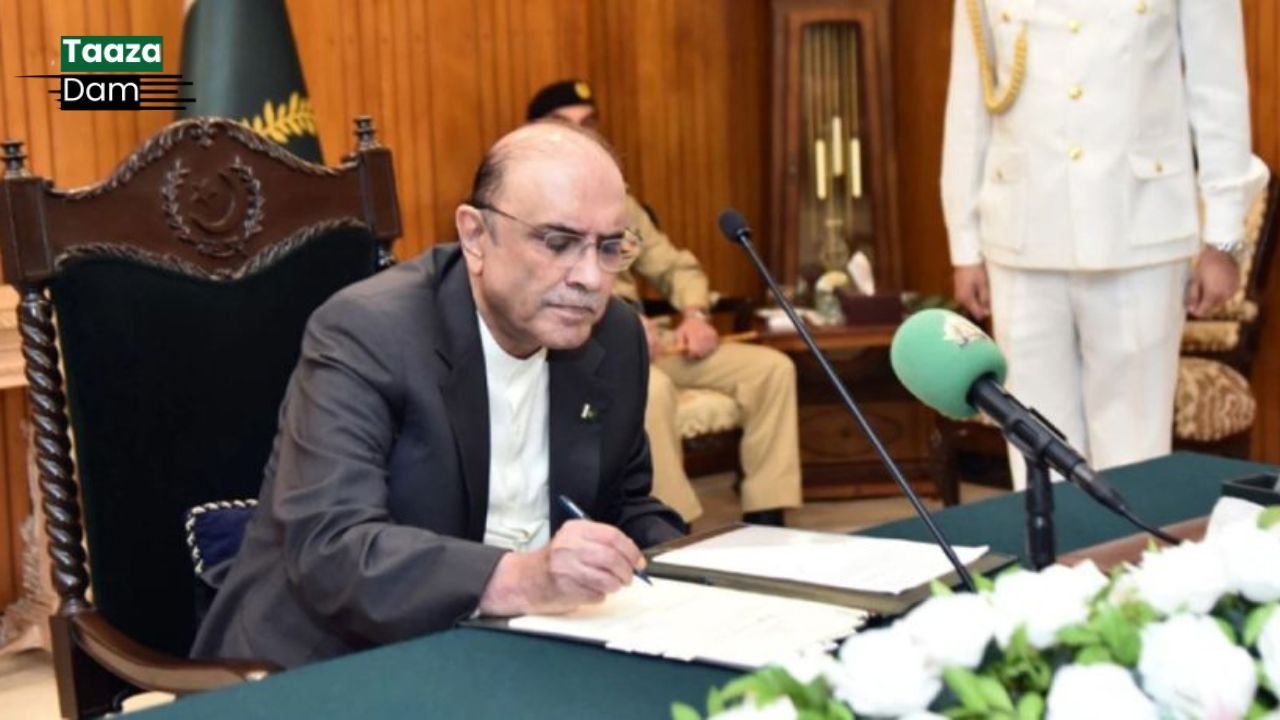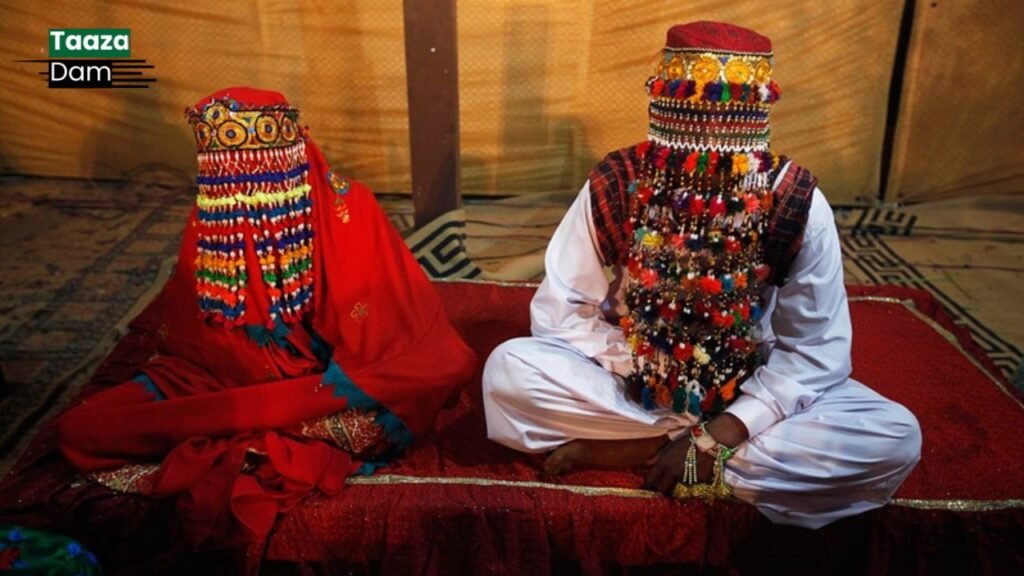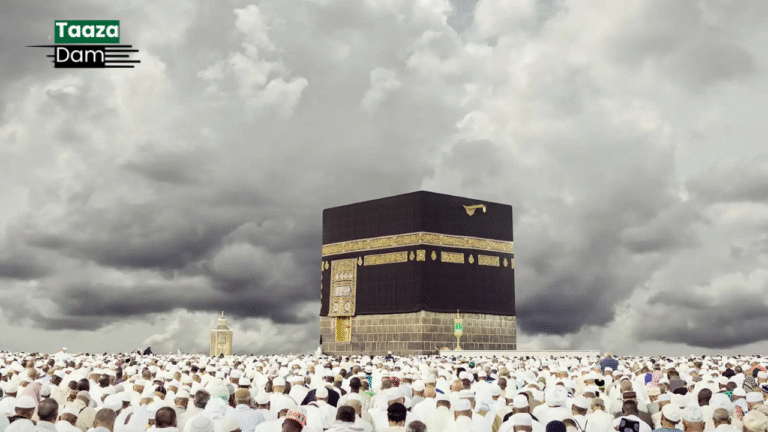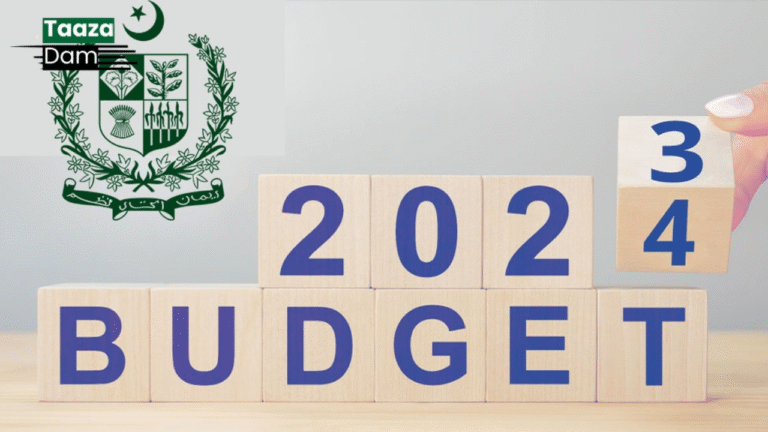President Asif Ali Zardari Enacts Law Banning Child Marriage in Islamabad

Islamabad, May 31, 2025 — President Asif Ali Zardari has officially signed the Islamabad Capital Territory Child Marriage Restraint Bill, 2025, into law, establishing 18 as the minimum legal age for marriage in the federal capital. The legislation introduces stringent penalties for those facilitating or participating in underage marriages, marking a significant step toward safeguarding children’s rights in Pakistan.
Key Provisions of the New Law
- Minimum Marriage Age Set at 18: The law mandates that both males and females must be at least 18 years old to legally marry in Islamabad.
- Criminalization of Underage Marriages: Facilitating or conducting marriages involving individuals under 18 is now a criminal offense, with violators facing up to three years in prison.
- Statutory Rape Classification: Any sexual relations within a marriage involving a minor are classified as statutory rape under the new law.

Advocacy and Legislative Journey
The bill’s passage follows years of advocacy by civil society organizations and lawmakers. Senator Sherry Rehman, a key proponent, hailed the law as a milestone in protecting children’s rights, emphasizing its role in combating gender-based violence and promoting education.
Senator Naseema Ehsan, who shared her personal experience of being married at 13, also supported the bill, highlighting the health complications and educational setbacks associated with child marriage.
Opposition and Controversy
Despite its passage, the bill faced opposition from religious groups, including the Council of Islamic Ideology (CII) and Jamiat Ulema-e-Islam (JUI-F), who argue that setting a minimum marriage age contradicts Islamic teachings. The Human Rights Commission of Pakistan (HRCP) criticized the CII’s stance, asserting that the law aligns with constitutional guarantees and international human rights commitments.
Broader Implications
According to a 2018 demographic survey, 29% of Pakistani girls are married before the age of 18. Early marriages are linked to increased health risks, educational discontinuation, and domestic abuse. The new law in Islamabad sets a precedent for other regions in Pakistan to follow, building upon similar legislation enacted in Sindh province in 2013.
Conclusion
The enactment of the Islamabad Capital Territory Child Marriage Restraint Bill, 2025, represents a significant advancement in Pakistan’s efforts to protect children’s rights and promote gender equality. While challenges remain, particularly in garnering nationwide consensus, the law sets a critical legal standard and offers hope for broader reforms across the country.






